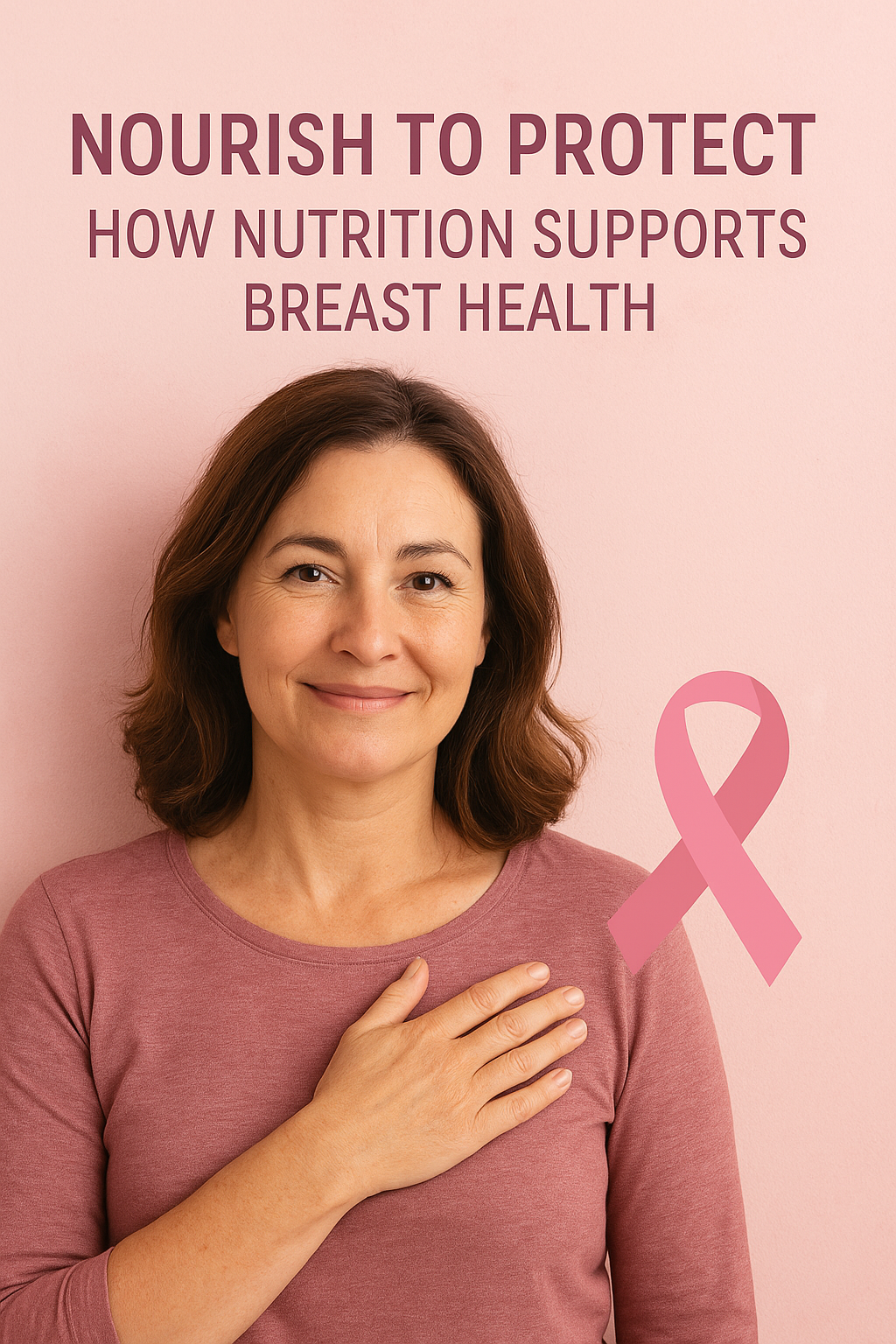When it comes to hydration, we’re bombarded with advice — some helpful, some not so much. We’re told to drink eight glasses of water a day, carry a bottle with us at all times, and reach for fancy electrolyte drinks after a walk. But how much of this is actually based on science, and how much is clever marketing?
Let’s clear up a few common hydration myths so you can better support your health — without drowning in misinformation.
Myth 1: You must drink 2 litres (8 glasses) of water every day
This popular rule has been passed down for decades, but it’s not one-size-fits-all. The amount of water you need depends on your age, activity level, environment, and diet. If you eat a lot of fresh fruit and vegetables, you’re already getting water through food. Rather than counting glasses, a better guide is your body — if you’re thirsty, drink. If your urine is pale yellow, you’re likely well hydrated.
Myth 2: Coffee and tea dehydrate you
This one’s been around a while, but the truth is, moderate consumption of tea or coffee actually contributes to your daily fluid intake. While caffeine has a mild diuretic effect, it doesn’t cancel out the water content of the drink itself. So, enjoy that morning brew without guilt — just don’t overdo it.
Myth 3: You need expensive electrolyte drinks after every workout
Unless you’re engaging in prolonged, intense exercise — such as endurance training or high-heat workouts — plain water is often enough. Most electrolyte drinks are filled with sugar and additives. If you do need to replenish after sweating, try coconut water, or make your own natural electrolyte drink with water, lemon, a pinch of sea salt, and a splash of maple syrup.
Myth 4: Clear urine means you’re perfectly hydrated
Not quite. Very clear urine could actually be a sign you’re overhydrating, which can flush out essential minerals. A light straw colour is ideal. Aim for balance — not extremes.
Myth 5: You’re only dehydrated when you feel thirsty
By the time thirst kicks in, you may already be slightly dehydrated. Signs like headaches, fatigue, dry skin, and difficulty concentrating can also point to not getting enough fluids. Pay attention to these subtle cues, especially in warmer weather or when you’re more active than usual.
Bottom Line?
Hydration is vital — but it doesn’t have to be complicated. Listen to your body, choose water-rich foods, avoid sugary drinks, and don’t get swept away by marketing myths. With a few mindful choices, you can stay energised, focused, and well-hydrated all day long.
Written by Milvia Pili (FNTP)
Nutritional Therapist | Blue Zone Nutrition




